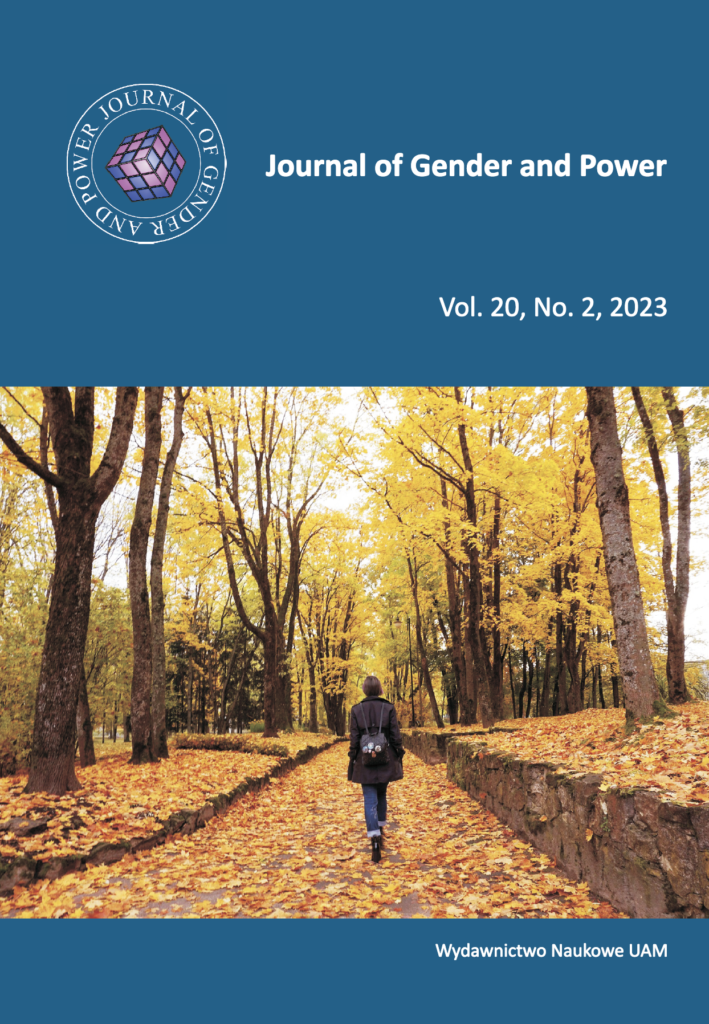Women Political Participations: A Study of Nasarawa State from 1999 to 2022
Women Political Participations: A Study of Nasarawa State from 1999 to 2022
Author(s): Vabdulmumin Musa Omiya, Esther A. OjileSubject(s): Gender Studies
Published by: Uniwersytet Adama Mickiewicza
Keywords: women; politics; participation; Nasarawa State; SDGs;
Summary/Abstract: Gender equality is the 5th Sustainable Development Goals that aims at providing a nec- essary foundation for a peaceful, equal, prosperous and sustainable institutional participation for men and women alike globally. Despite local and international efforts by the concerned au- thorities, patriarchal discriminatory laws and social norms remain pervasive. As women continue to be under-represented at all levels of politics. This study tries to examine the level and status of women involvement in the politics of Nasarawa State from 1999 to 2022. These challenges make the female gender incapable of contributing their quarter to national development. The study relied on existing official record to elicit data such as National electoral Commission (INEC). Findings show that only 4% of women participated in the Federal House of Representative, 0% of women represented in Nasarawa state speakers, only 4% of women participated in the house of assembly, and most unfortunately, 0% participation in local government chairperson from 1992 to 2022. Among the 60 women interviewed on their perception on women participation in poli- tics, 53% responded that they are not satisfied, 41% of the women responded that they are satis- fied with the level of women participation in politics. The remaining 6% responded indifference. Reasons for poor women participation based on the outcome of the result in include traditional and spiritual discriminatory laws/practices that limit women participation in politics. Others are poverty, low educational attainment, social isolation, personal factors, stigma and discrimina- tion, lack of role models and legal barriers. No doubt, the study concludes that there has been poor women representation Nasarawa state politics since 1999. The study recommends majorly that harmful traditional law/practices that halt women free participation in the society should be abolished through sustained sensitization to ensure women contribute their quota towards national development and achieving SDGs.
Journal: Journal of Gender and Power
- Issue Year: 20/2023
- Issue No: 2
- Page Range: 89-107
- Page Count: 19
- Language: English

